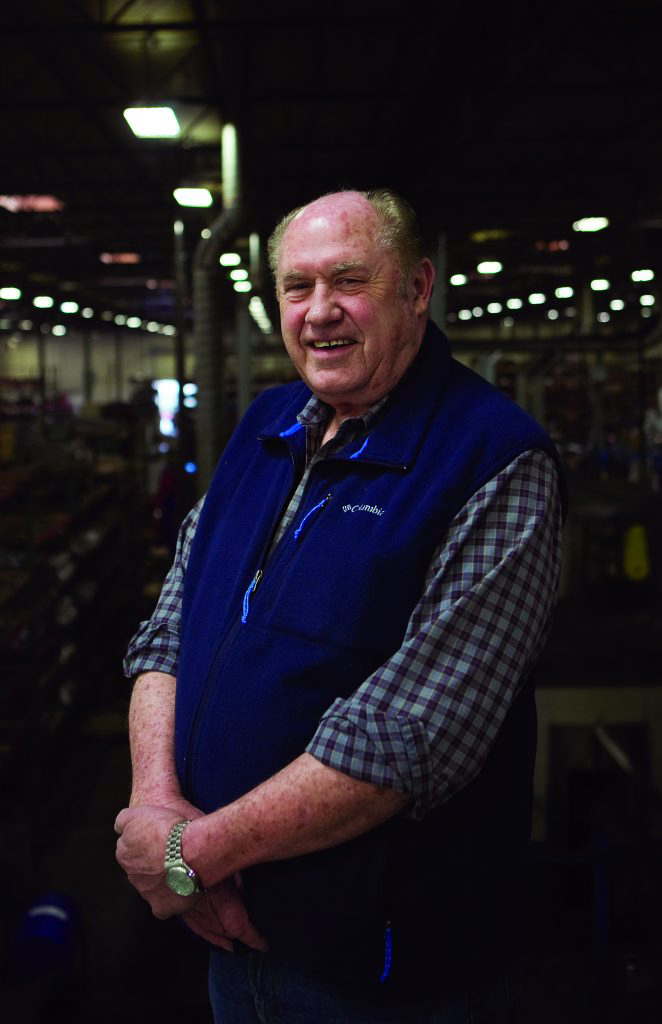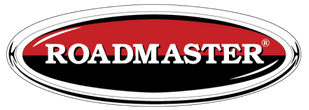|
Jerry A. Edwards is the 21st century version of an Horatio Alger success story. Jerry founded Roadmaster in 1970 with not much more than a "can-do" attitude and a philosophy of personal and corporate self-sufficiency. “Self-sufficient” is Roadmaster’s core value. |
 |
In 1970, he started Vetro RV and Repair in Portland, Ore. At the time, he had $3,000 and a tool box. Once he leased a shop and paid the deposits, he had about $1,500 left, and he started repairing RVs. He put ads in the newspaper and made signs. He wore out a lot of shoe leather going from one RV dealer to another, telling them he was available for repair work. Vetro RV and Repair grew quickly and Jerry ended up with a crew of six mechanics and himself.
He started Roadmaster Distributing Company in 1970, selling awnings in Oregon, Washington and Idaho. Even with this limited region, Roadmaster was the manufacturer's third largest distributer in the nation.
How did he manage two very different companies simultaneously?
"I worked a lot, often from 4 a.m. to 11 p.m., and frequently seven days a week. I was driven, and young. When you're young, you have lots of energy."
The metamorphosis of a company
After 10 years, Jerry sold Roadmaster Distributing Company to Coast RV, but kept the Roadmaster business name. The awning distribution business was no longer as profitable, and with an idea for what might sell, he wanted to start a manufacturing company.
In 1978, Vetro RV and Repair was going strong and had evolved into a full time RV dealership, selling Monoco, Foretravel, El Dorado and Sun Raider brand RVs. They were Monoco's third largest dealership, and Sun Raider's largest.
People would drive into Vetro RV looking for a way to tow their cars behind their motorhomes. Like many dealerships, Vetro would build custom A-frame tow bars for customers who wanted them. At the time, Lee Duncan, who owned Eaz-Aligner in Eugene, Ore., made a collapsible tow bar. Jerry became a dealer for Eaz-Aligner but in 1982, a deep recession forced him to close down Vetro RV. At the same time, he was approached by Darrell Davis of Sequim, Wash., who had an idea that was a quantum leap in tow bar technology. Jerry purchased the patent from him, redesigned the tow bar for assembly line production and produced the first run of what we would recognize today as the StowMaster tow bar.
Jerry bought booth space at the next Family Motor Coach Association (FMCA) rally in Del Mar, Calif. Once again, he wore out a lot of shoe leather, this time knocking on the door of every motorhome at that rally and giving everyone he met a flyer on the StowMaster.
The next day, dozens of people came to see Jerry demonstrate it.
"That put us on the map," Jerry explained. "For years, customers thought our company name was StowMaster, not Roadmaster."
Jerry's dream of a manufacturing company was realized.
"Quality has to be built in"
As Roadmaster expanded, Jerry relied on subcontractors for more and more accessories. When vendors were unable to keep up with the demand for various products, or the quality wasn't what he wanted to provide, Jerry saw another opportunity for his company to grow and Roadmaster became its own supplier for many products. Virtually overnight, a "no outsourcing" policy was begun at Roadmaster.
"I figured, 'Why not just do it ourselves?' It's better that way. We can totally control the quality by manufacturing these products ourselves. As I like to say, quality has to be built in. It can't be added on," Jerry said.
The customer is "the boss"
Jerry attends most of the major RV rallies in the United States because he wants to hear from all his customers.
"What I've learned from listening to our customers is that a new product has to be safe, made with quality and needs to be easy to use. We make money by solving problems."
For Jerry, the customers are always the boss.
"The customers are most important because I wouldn't have a business if I didn't have them."
Today, Roadmaster has several buildings in Washington and one in Oregon. Jerry likes to keep a pulse of what's going on in his businesses, and can frequently be found at one of the warehouses early in the morning, and sometimes, late into the evening.
Why?
"Because I love to work, and I consider it fun," he said.
